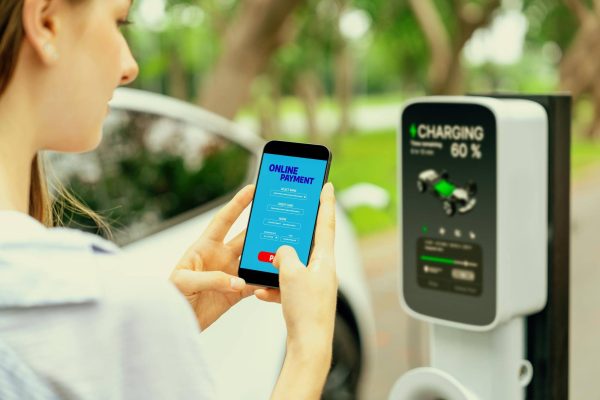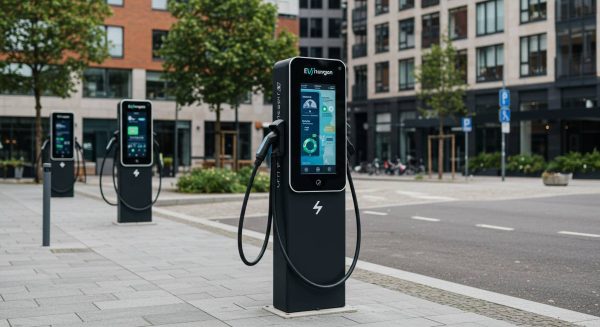Imagine if every time you needed petrol, you could only fill up during rush hour—and pay premium prices for the privilege. That’s essentially what happens when everyone plugs in their electric vehicles (EVs) without smart charging capability. To prevent this scenario and unlock significant benefits for both consumers and the power grid, UK law now requires new home and workplace EV smart charging stations to be “smart”—but” what does this actually mean for drivers?
Understanding Smart EV Charger Requirements
Since June 2022, the EV smart charging regulations mandate that all new chargers sold for private use must include smart functionality under the Electric Vehicles (Smart Charge Points) Regulations 2021. This isn’t just red tape—it’s a forward-thinking move to manage the UK’s growing appetite for electricity as we transition to EVs. According to government analysis, we could see up to 10 million EVs on UK roads by 2030, representing a massive increase in electricity demand.
How Smart EV Charging Saves You Money
Smart EV chargers work with your EV smart charging app to automatically shift your charging to off-peak hours when electricity is cheapest. According to data from the UK government’s EV infrastructure strategy, some commuters could save £900-£1,000 annually on their household electricity bills through smart charging. The savings come from accessing lower overnight rates and avoiding peak-time prices—similar to how it’s cheaper to make phone calls in the evening.

Smart EV Charging Stations and Grid Stability
Smart chargers do more than save money—they help balance the national power grid. Rather than everyone charging their cars between 4 and 7 pm when electricity demand is highest, smart charging stations can spread the load throughout the night. This helps prevent strain on the system and makes better use of renewable energy when it’s abundant, such as during windy nights.
The Future: Advanced Smart EV Charging Features
Perhaps the most exciting development is “Vehicle-to-X” (V2X) technology, where your car’s battery can actually send power back to your home or the grid. While this bidirectional charging is still emerging, the government estimates that if every eligible EV participated, they could provide up to 60 GW of power capacity by 2035—helping to stabilise the grid and potentially earn money for car owners.

Managing Your Smart EV Charger
Don’t worry about being stuck without power when you need it—while smart chargers come pre-set to charge during off-peak hours, your EV smart charging app lets you easily override these settings. It’s like having a smart thermostat that automatically turns down at night but can be adjusted when needed.
By requiring smart EV chargers, the UK is laying the groundwork for a more efficient, affordable, and sustainable electric transport future. Far from being a regulatory burden, smart charging represents a win-win: lower bills for consumers and a more stable power grid for everyone.
